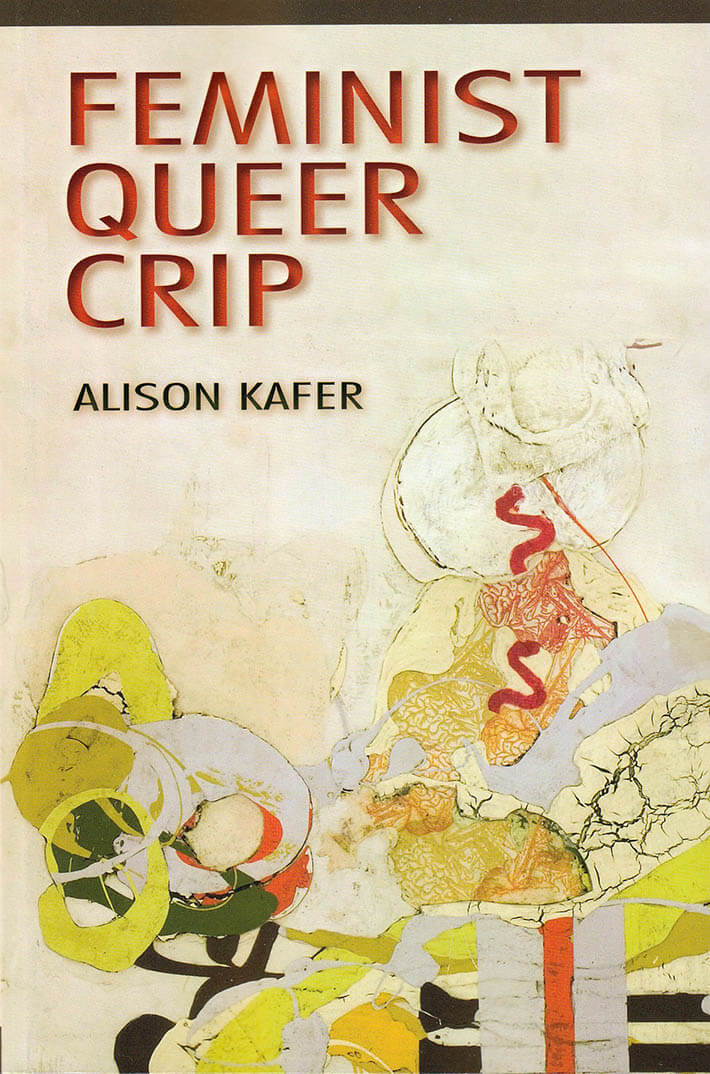
Feminist, Queer, Crip
In Feminist, Queer, Crip Alison Kafer imagines a different future for disability and disabled bodies. Challenging the ways in which ideas about the future and time have been deployed in the service of compulsory able-bodiedness and able-mindedness, Kafer rejects the idea of disability as a pre-determined limit. She juxtaposes theories, movements, and identities such as environmental justice, reproductive justice, cyborg theory, transgender politics, and disability that are typically discussed in isolation and envisions new possibilities for crip futures and feminist/queer/crip alliances. This bold book goes against the grain of normalization and promotes a political framework for a more just world.
Alison Kafer is associate professor of feminist studies, and is the author of Feminist, Queer, Crip (Indiana, 2013). Her work has appeared in a number of journals and anthologies, including Disability Studies Quarterly, Feminist Disability Studies, the Journal of Literary and Cultural Disability Studies, Sex and Disability, and South Atlantic Quarterly.
Published 2013.
Language: English




